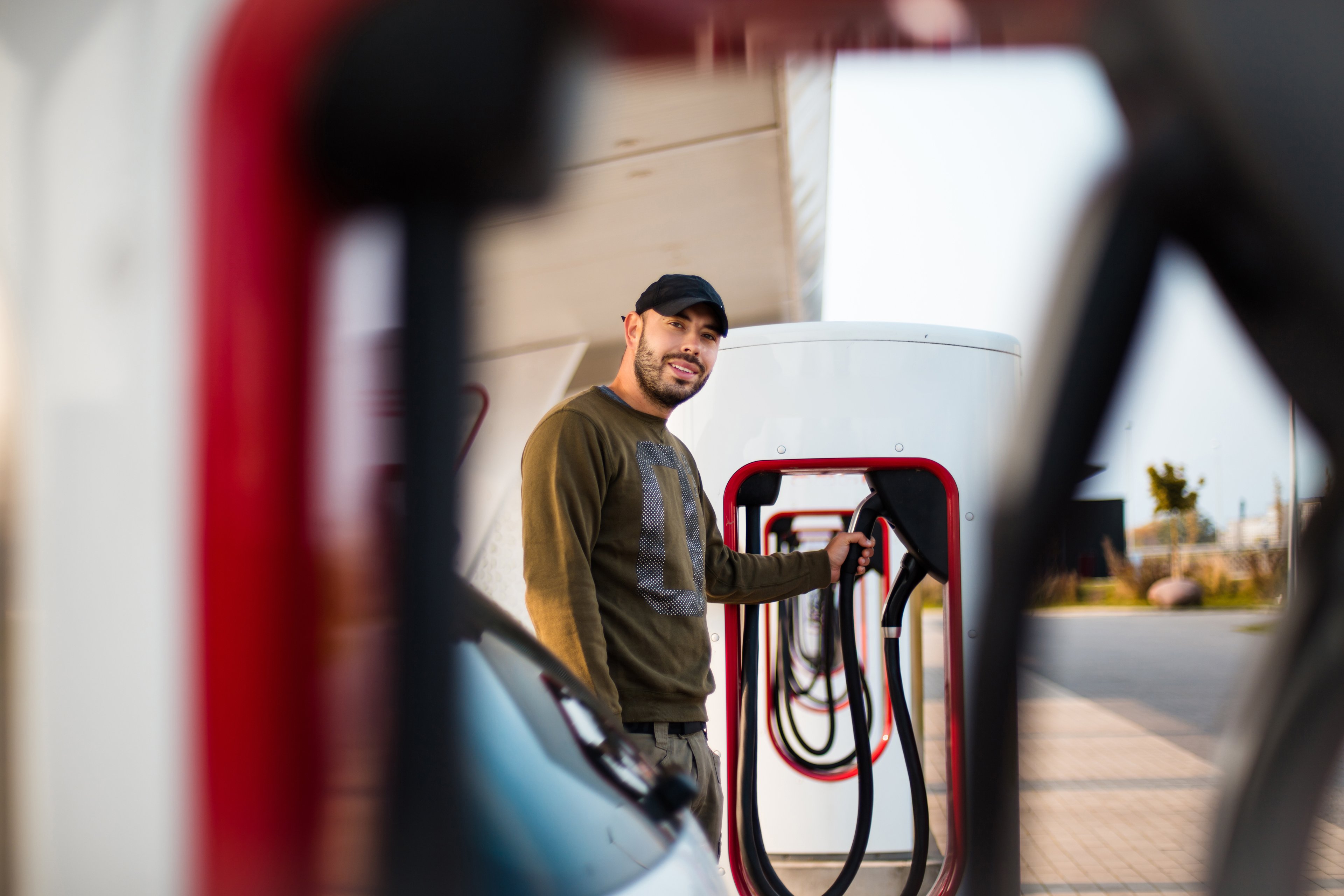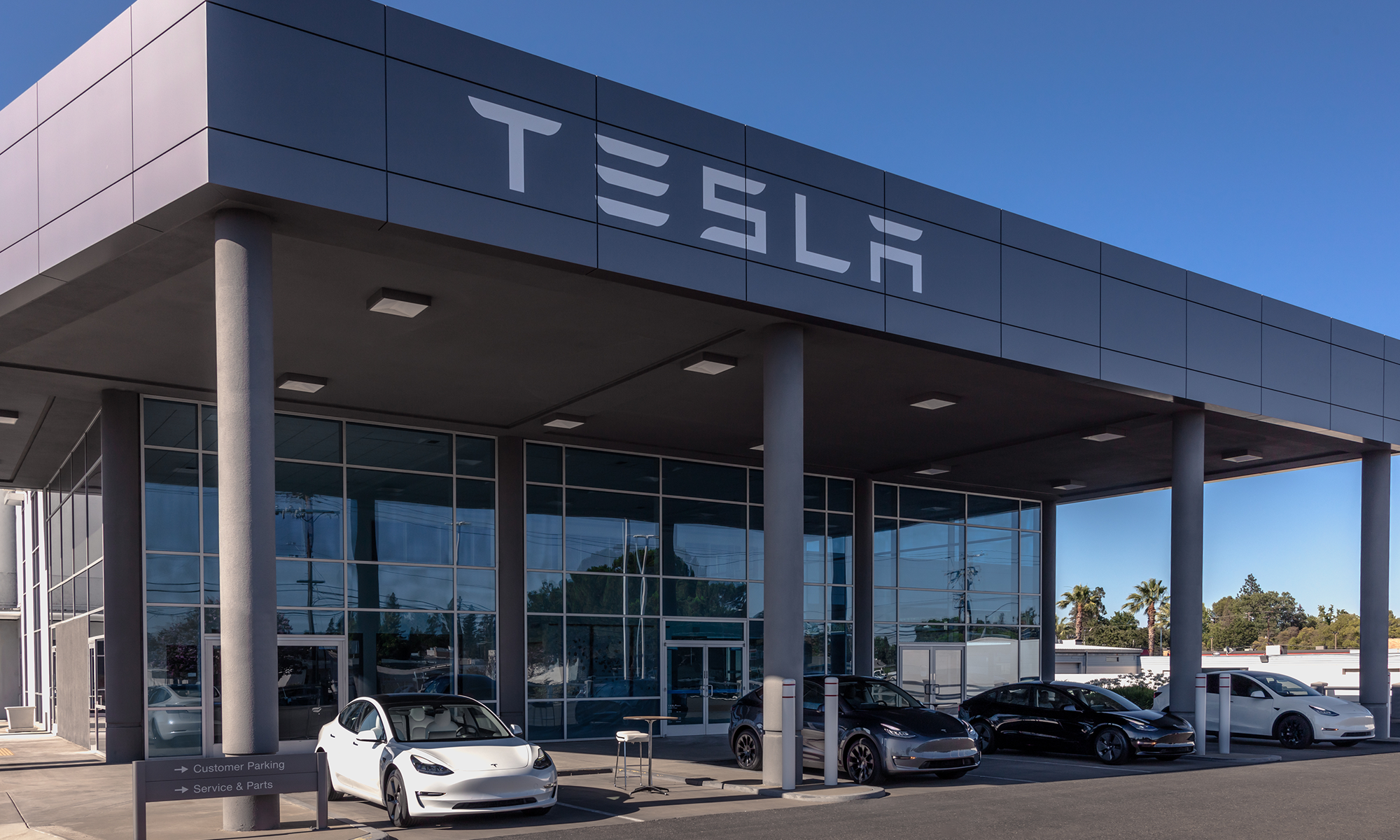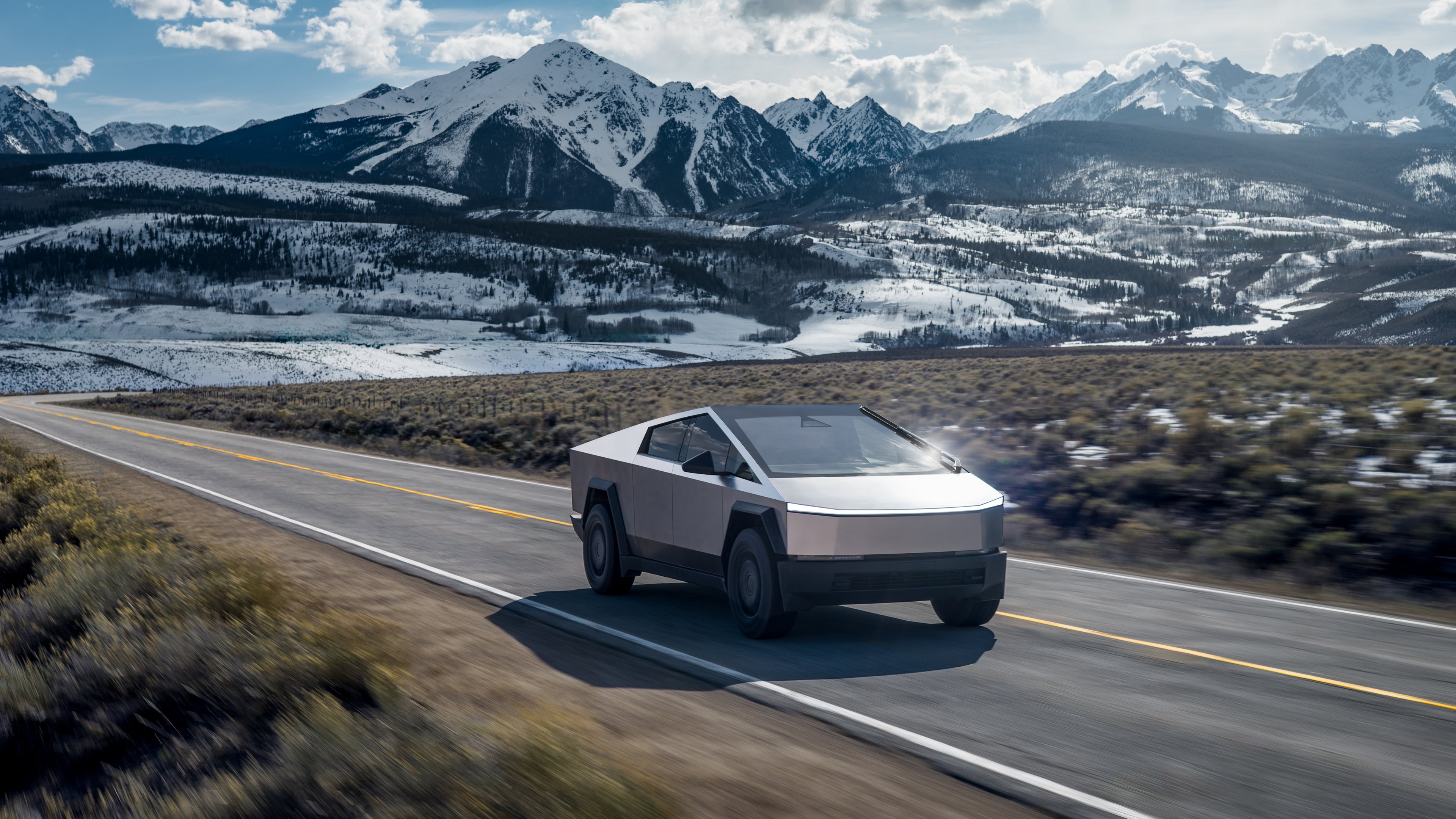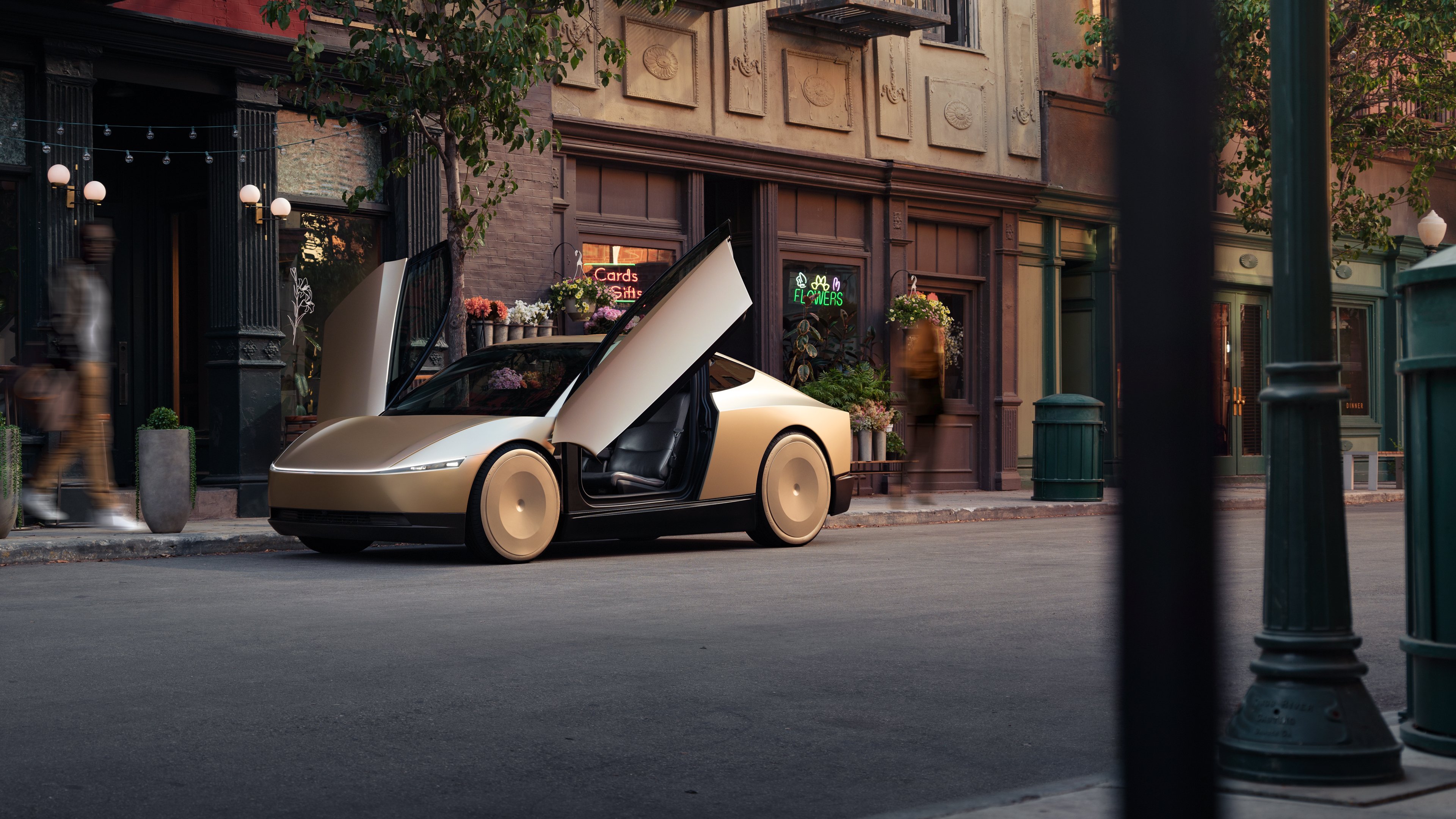On its path to becoming sustainably profitable, Tesla (TSLA 0.24%) took a big step backward in its first quarter. Free cash flow for the period was negative $920 million, and the company recorded a GAAP loss of $702 million. In addition, the electric-car maker's cash reserves fell by $1.5 billion sequentially.
These financial headwinds, combined with a 31% sequential decrease in vehicle deliveries during the quarter, have raised concerns from investors. During Tesla's first-quarter earnings call, CEO Elon Musk addressed two of investors' biggest questions regarding demand and capital.

Model 3. Image source: Tesla.
How's demand faring?
Despite worse-than-expected deliveries in Q1, the CEO maintained an optimistic view on the demand for its vehicles. "[W]e do see strong demand for vehicles, the -- both S, X and 3," Musk said.
Importantly, Musk also said the company is "getting past the overhang of the tax credit cliff, which for us ended in the U.S. on Dec. 31." He is referring to a pull-forward in demand for its vehicles in the fourth quarter of 2018 due to the first scheduled reduction in the federal electric-vehicle tax credit on Jan. 1, 2019. For Tesla buyers, the credit was slashed from $7,500 to $3,750.
Based on an "uptick" in demand for Model S and X after the company updated the vehicles with a new drivetrain that gives them substantially more driving range on a single charge, as well the signs of recovery in demand from the "tax credit cliff," Musk currently believes combined Model S and X demand will return to a 100,000-unit annualized rate. For context, trailing-12-month sales of the two vehicles combined for the period ending March 31 were about 90,000.
Looking ahead at the full year, Tesla expects demand to grow enough to support 360,000 to 400,000 deliveries, representing 45% to 65% year-over-year growth.
Why not raise capital?
When asked why Tesla stayed away from significant capital raises recently, Musk responded:
I don't think raising capital should be substitute for making the Company operate more effectively. So that -- in that sense, I think it's just -- it's important to have strong financial discipline of the Company and just to make sure we don't have extraneous expenses and that we're just being frugal with capital. ... So, I think it is healthy to be on a Spartan diet for a while.
Musk went on to note there may be reasons to tap into more capital in the future, "but this is sort of probably about the right timing," he explained.
The CEO also importantly noted that he doesn't believe capital has been a constraint on its growth. "And if I thought there was a final constraint on growth, we would have raised capital before now."
Reading between the lines, Tesla appears open to raising capital but seems to be prioritizing a goal to become more self-sufficient with its operating cash flow.






